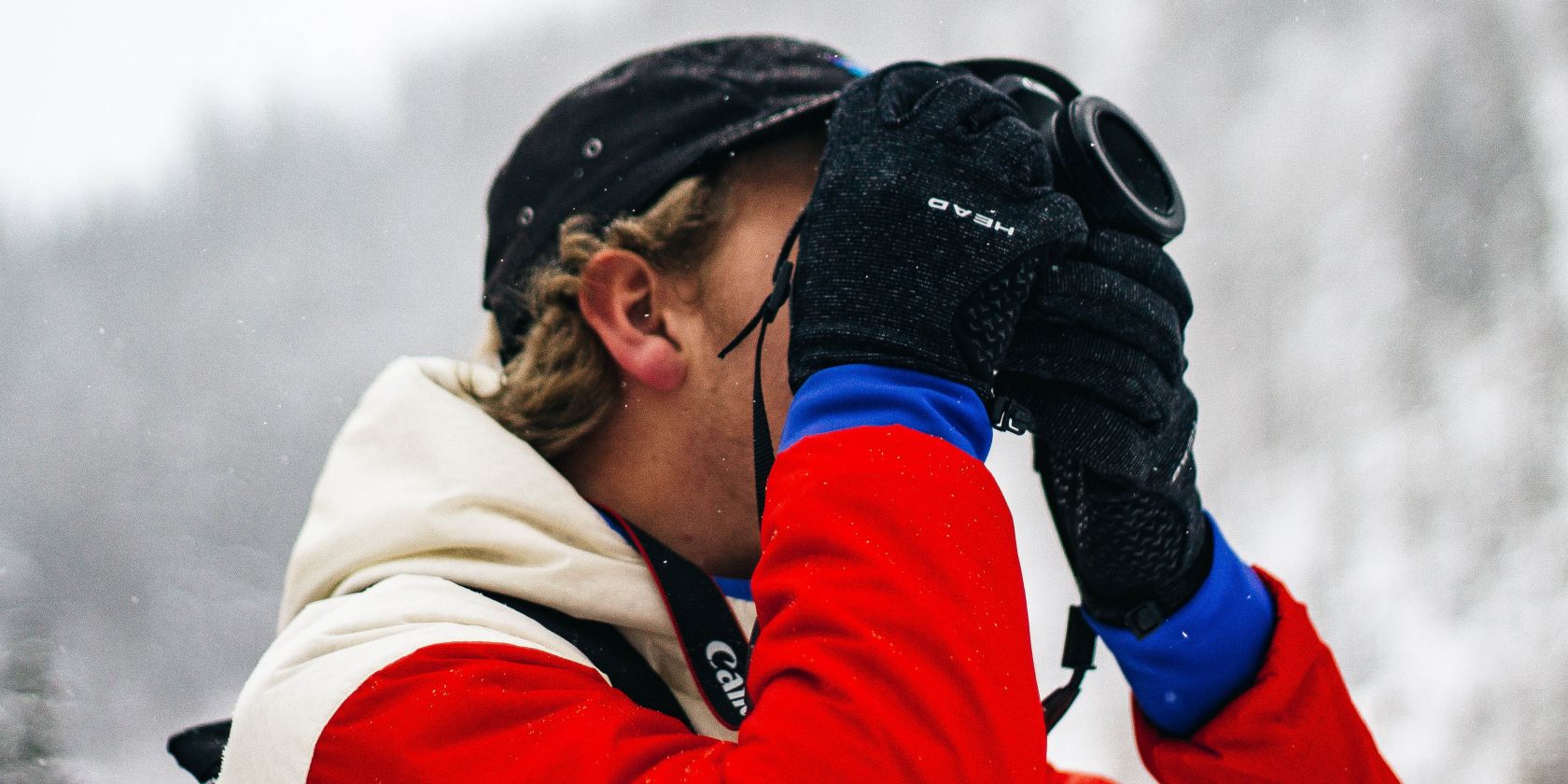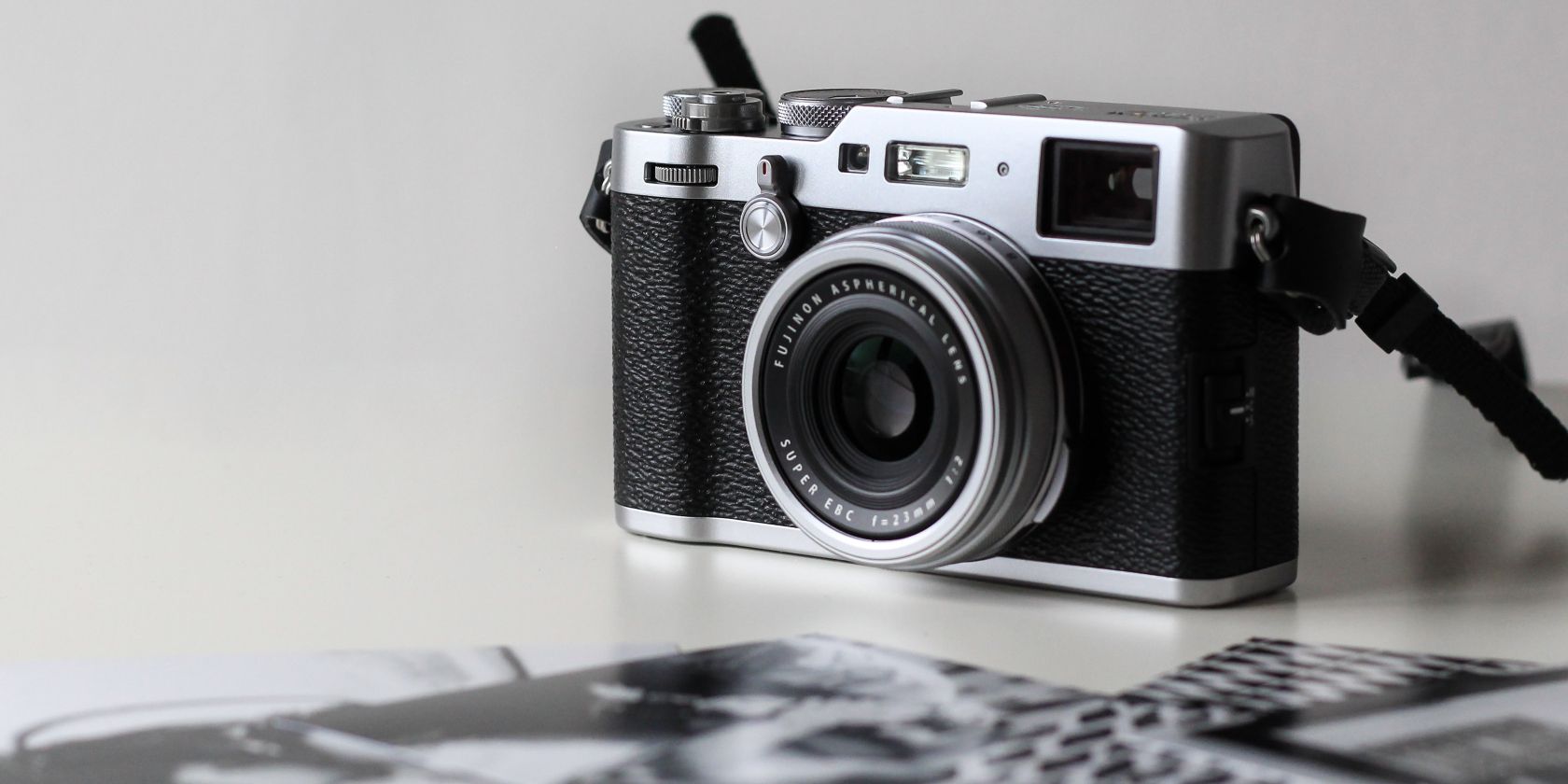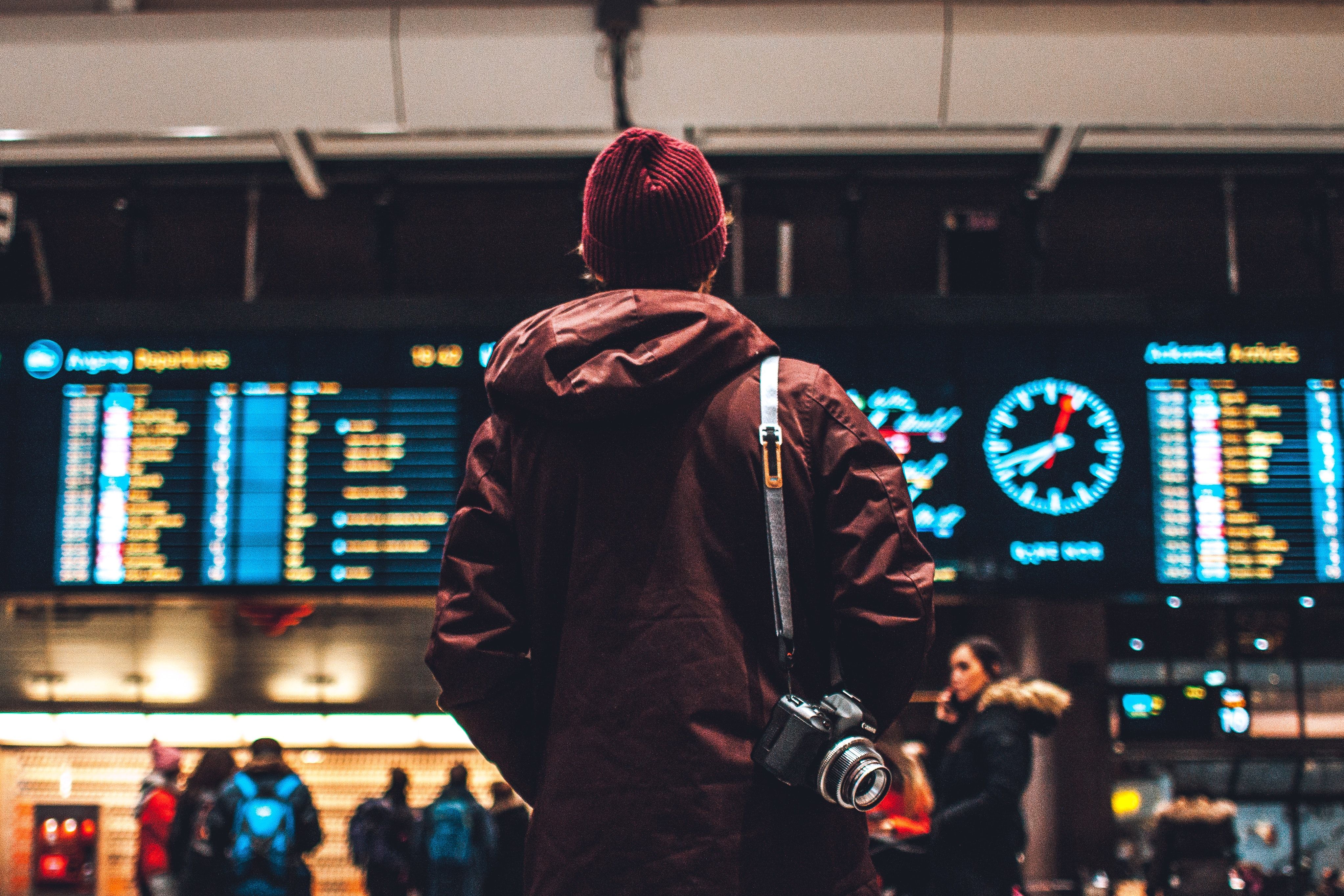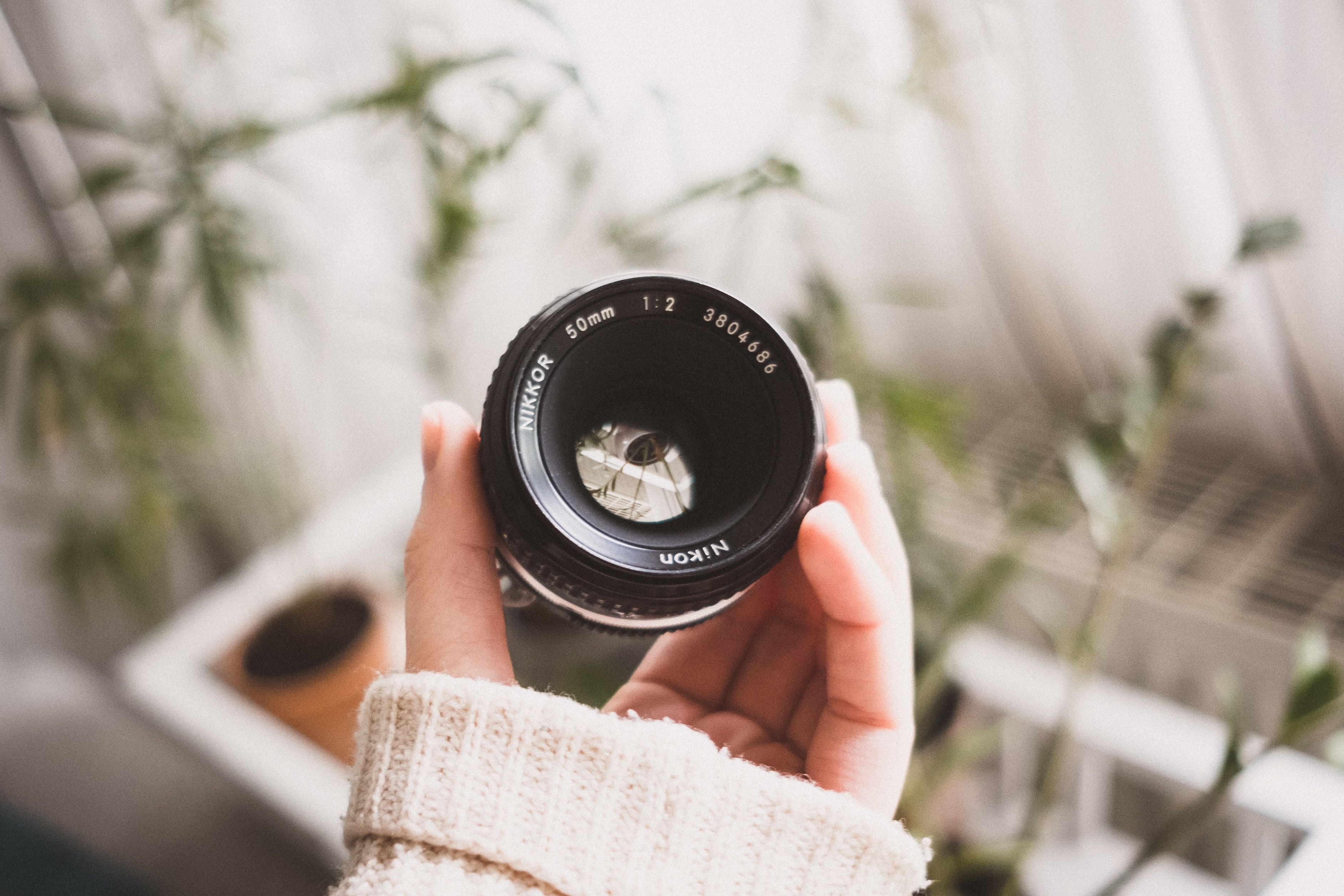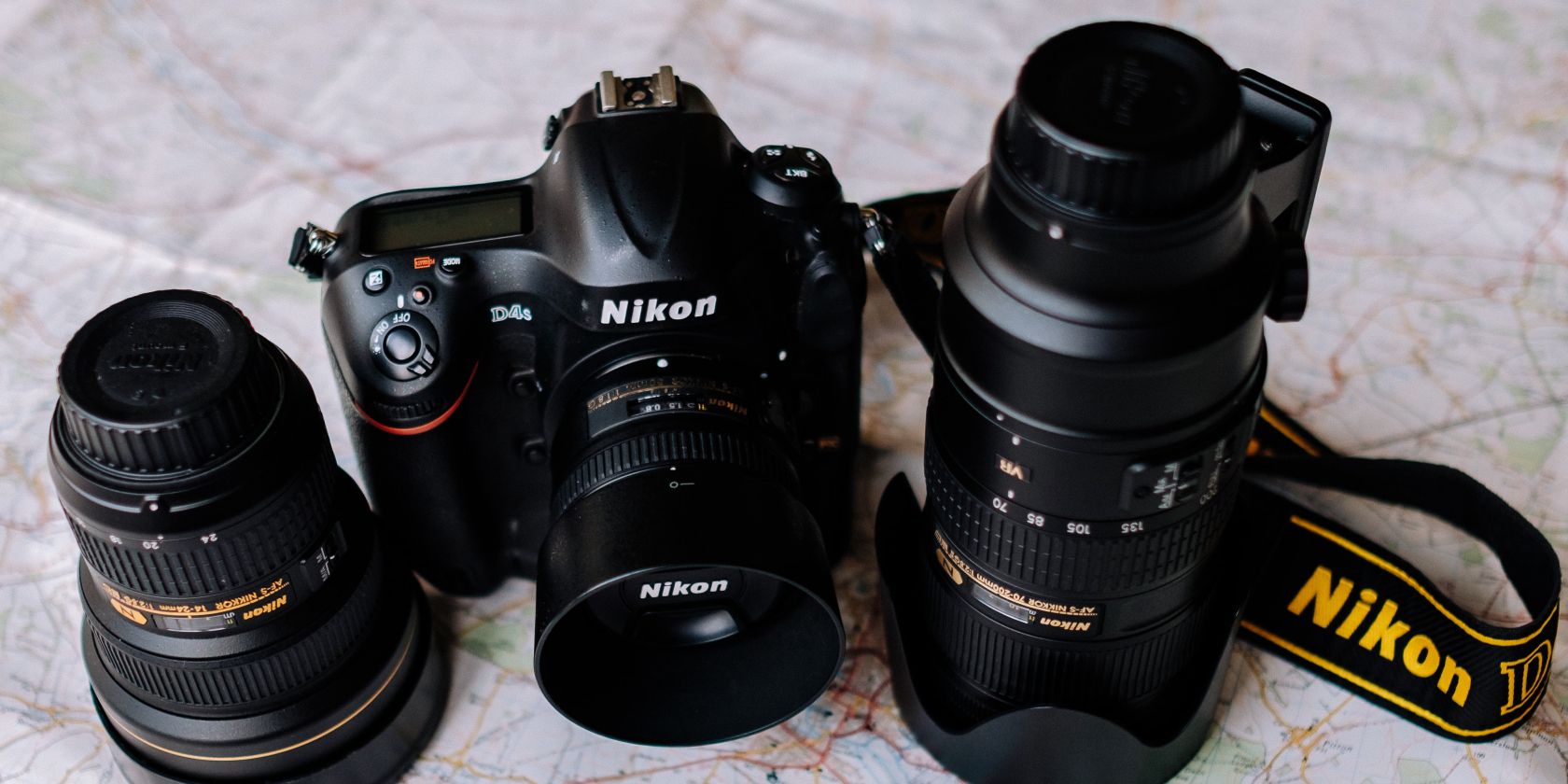Have you decided to upgrade your smartphone camera for a proper one? Congratulations, and welcome to the beginning of your journey as a photographer!
Picking your first camera is exciting, and you'll naturally have a lot of emotions flying around. All of this can get overwhelming, though, especially with so many choices available these days.
Choosing your first proper camera should be a long-term investment, so it's worth stopping for a moment and thinking about the specifics that will serve you best. Below are seven of the most important aspects you should keep in mind.
1. Price
You probably don't need us to tell you that modern-day camera equipment is pretty expensive. Some camera bodies cost thousands of dollars, and lenses can sometimes leave just as deep of a hole in your pocket.
If you're a beginner photographer, your budget will play a significant role in deciding which camera you purchase. The good news is that many entry-level ones are surprisingly affordable, and you can find plenty of excellent deals online.
Before buying a camera, decide your budget and limit your search within that range. You'll probably upgrade later, so it's not a big deal if you can't yet afford what your favorite creators have.
To save more money (and do a good deed for the environment), you should consider purchasing a used camera. There are plenty of second-hand photography websites, and the equipment works just as well as their brand-new counterparts.
2. Size
It's easy to think that having a bigger camera will make you look more professional when out and about. That might be true to an extent, but larger equipment has several disadvantages.
Owning a bigger camera makes it inconvenient to carry around compared to a smaller one, which could discourage you from using it. Moreover, you risk attracting unwanted attention if you find yourself in a sketchier part of town.
When buying your first camera, try to aim for the smallest one that fits your needs and is within your budget range. The goal, in the beginning, is to get into the habit of taking pictures regularly, and having something smaller will increase your chances of doing that.
3. Image Quality
Presumably, the main reason you're upgrading from your smartphone is that you want to take prettier images. Picture quality in a camera is one of the first things that every photographer looks for when upgrading their gear, regardless of whether they're an amateur or professional.
One common misconception is that more megapixels equal better image quality. This isn't entirely true, however. Several factors will impact how good your photos look, including dynamic range and contrast.
Each camera brand will produce different results, so it's worth looking at examples of photos taken with the cameras that you're considering getting. You should look for in-camera settings that allow you to tweak accordingly and find a happy medium.
4. Lenses
You'll usually receive the body and a kit lens when you buy a camera. This lens often ranges roughly between 18mm and 55mm, but the exact numbers depend on the brand you use.
While the kit lens is enough to get you out and about in the beginning, you might find that you've maxed out everything you could have learned in a short period. Alternatively, you might want to take a more specific type of photo—something that only a specialist lens can help you do.
In addition to your kit lens, it's worth purchasing one prime lens on the side to begin with. Doing so will force you to think more creatively, and the images are often sharper too.
Additional lenses come in at multiple price points, but you can get a couple of affordable ones that are excellent all-rounders. Examples of this include the 50mm and 35mm.
5. User-Friendliness
It's easy to think that buying the most expensive camera straight away is a fast track to becoming a fantastic photographer. This, however, is not the case. Advanced cameras are usually chosen by seasoned creators for a reason: they've picked up enough experience on their rise to use them effectively.
When you're in your early days as a photographer, user-friendliness is one of the most critical factors you should consider. If your equipment is too complicated to use, you're probably going to give up and let it collect dust on your shelf.
The most user-friendly cameras tend to be the entry-level DSLRs, and you should stick with one of these for at least two years so that you can master all the bells and whistles. Once you've learned everything, you can upgrade to something a little fancier.
6. Mirrorless or DSLR?
As you spend more time in the photography community, you'll frequently hear two terms used: mirrorless and DSLR. These refer to different camera types, and both are pretty different from one another.
Mirrorless and DSLR cameras process images differently when you take them, which can affect the outcome of your photos. Mirrorless cameras don't have a mirror, whereas DSLRs do.
The two cameras also differ in terms of lenses available, along with their strengths and weaknesses. If in doubt, go for a DSLR to avoid confusing yourself too much; you can upgrade to a mirrorless camera at a later date.
7. Image Stabilization
Photographers will often take countless blurry pictures in their early days. And even as you become more advanced, this isn't something that will entirely disappear.
Fortunately, you can address blurry photos in several ways. One is to enable your camera's image stabilization. Activating this gives you a little more freedom than you would otherwise have, and you don't need to worry so much about fixing errors in post-production.
Not all cameras have image stabilization, so you're going to need to do some additional research and find out whether the one you want does.
Buying Your First Camera Is a Long-Term Investment
Buying your first camera is something that you should take a lot of time to get right. Ideally, you'll use it to take photos for at least the first few years of your photography journey; starting with an entry-level device will make it much easier to use more complex equipment later on.
When you purchase your first camera, the only correct answer is whichever one fits your needs best. Look beyond image quality alone to ensure that you get the best possible fit.

